Nigeria is set to demand a higher oil production quota at the upcoming Organisation of Petroleum Exporting Countries (OPEC) meeting in November, as the country’s output climbs steadily toward two million barrels per day.
Minister of State for Petroleum Resources (Oil), Senator Heineken Lokpobiri, disclosed this in Abuja during a media session with the Nigerian Upstream Petroleum Regulatory Commission (NUPRC), where he reviewed Nigeria’s upstream oil performance four years after the enactment of the Petroleum Industry Act (PIA).
Lokpobiri said Nigeria’s current OPEC quota of about 1.5 million barrels per day no longer reflects the country’s true production capacity.
“By November, when we attend the annual OPEC meeting, we will certainly be making a case for a higher quota for Nigeria,” he said. “There’s no better time than now to push for a review to at least two million barrels per day.”
The minister expressed confidence that Nigeria’s improved infrastructure, renewed investment inflows, and rising rig count position the country to justify an upward review.
He noted that when he assumed office, Nigeria’s production was around one million barrels daily, but it has since rebounded to between 1.7 and 1.8 million barrels, including condensates. “We now have the capacity to produce over two million barrels per day. It’s time to review the quota upward,” he said.
Lokpobiri explained that condensates — lighter crude not counted under OPEC limits — give Nigeria additional flexibility to increase total output without breaching quota rules. “Condensate sells at a higher price, and we’re producing about a million barrels of it daily. So, within OPEC rules, we can still produce more,” he said.
He credited the rebound in production to improved security in the Niger Delta, stronger pipeline integrity, and renewed investor confidence under the regulatory stability brought by the PIA. “Before now, companies were scared to produce because crude rarely got to the terminal. Today, you put in crude, and you get 100 percent delivery at the export point,” the minister stated.
According to him, Nigeria’s rig count — a key measure of upstream activity — has surged from about 14 to nearly 50 and is expected to rise further before the end of the year. He also commended indigenous producers for driving output growth following the divestment of major oil companies such as Shell, TotalEnergies, and ExxonMobil.
“Our local operators are performing excellently. Renaissance has increased production by over 60,000 barrels a day since acquiring Shell’s assets, while Seplat has added around 40,000 barrels from ExxonMobil’s portfolio,” he said.
Lokpobiri praised the NUPRC, led by Engr. Gbenga Komolafe, for fostering transparency and restoring investor confidence. He described the Commission as a model for upstream regulation across Africa, noting its leadership in establishing the African Petroleum Regulatory Forum to unify the continent’s voice on global energy policies.
He also commended President Bola Tinubu’s executive orders for reducing production costs and enhancing Nigeria’s competitiveness. “Our cost per barrel is higher than the global average, but we’ve taken concrete steps to bring it down,” Lokpobiri said. “Saudi Arabia may be at $8 per barrel, but our terrain is different. What matters is that we’re moving toward competitiveness.”
Looking ahead, the minister reaffirmed Nigeria’s goal of achieving 2.06 million barrels per day by 2025, citing growing investment, policy stability, and infrastructure upgrades as key enablers.
On global energy debates, Lokpobiri stressed that Africa must define its own energy transition pathway, insisting that the continent cannot industrialize without reliable power. “Africa contributes less than three percent of global emissions. We can’t abandon hydrocarbons when others are ramping up production. Our transition must start with energy access,” he said.
He argued that the continent must leverage its hydrocarbon wealth to fund renewable investments rather than depend on foreign loans. “We have to use what we have to finance our energy mix,” he maintained. “It’s time for Africa to speak with one voice — not to be dictated to by those whose actions contradict their climate rhetoric.”


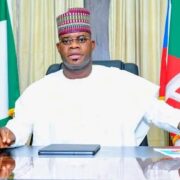

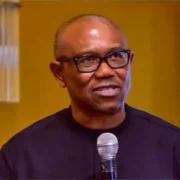

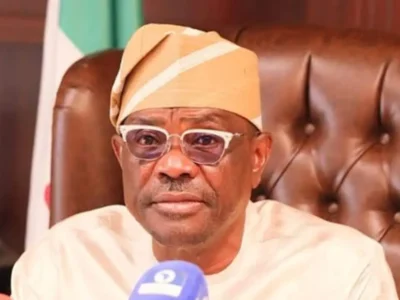
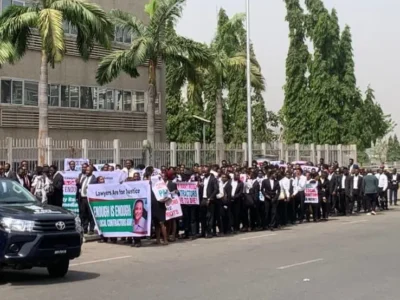
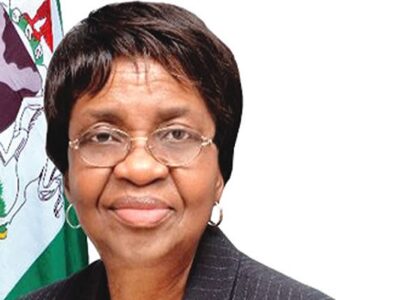










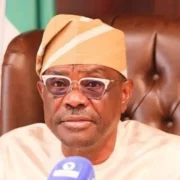
Comments